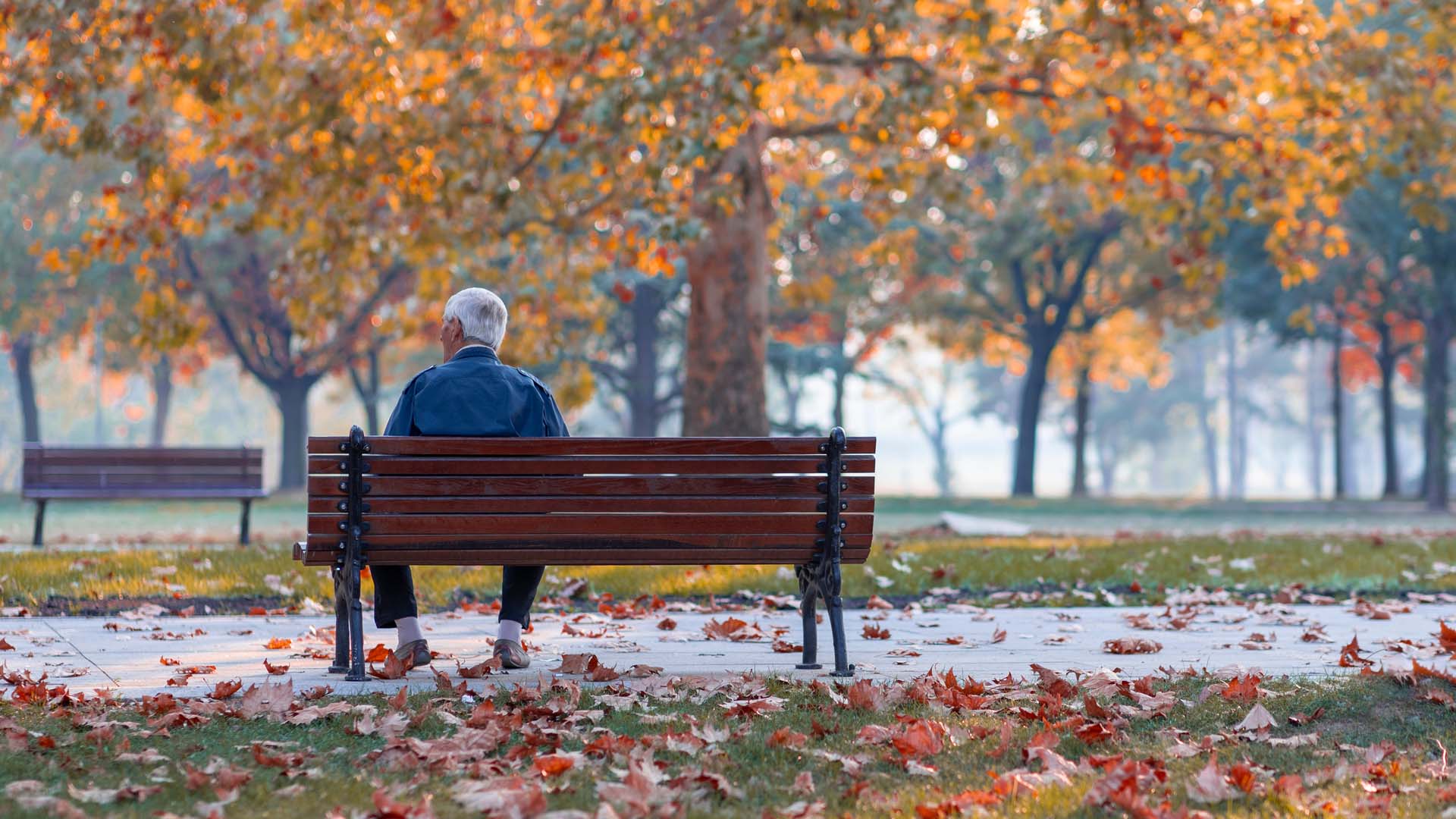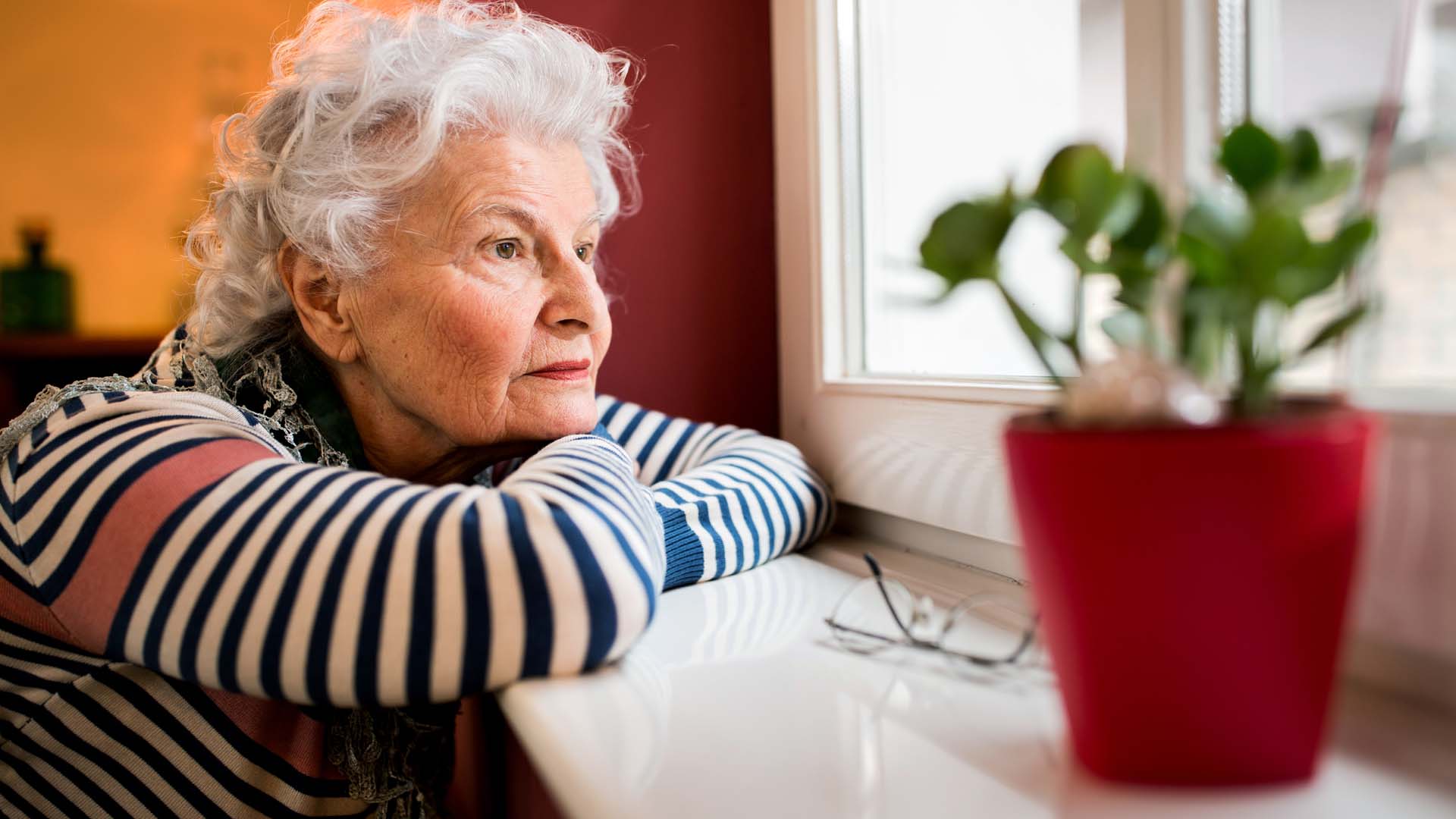What I learned at Grandma School
It's tempting to think you know best when it comes to childcare. But a “grantenatal” class might actually be a valuable refresher course for first-time grandparents.
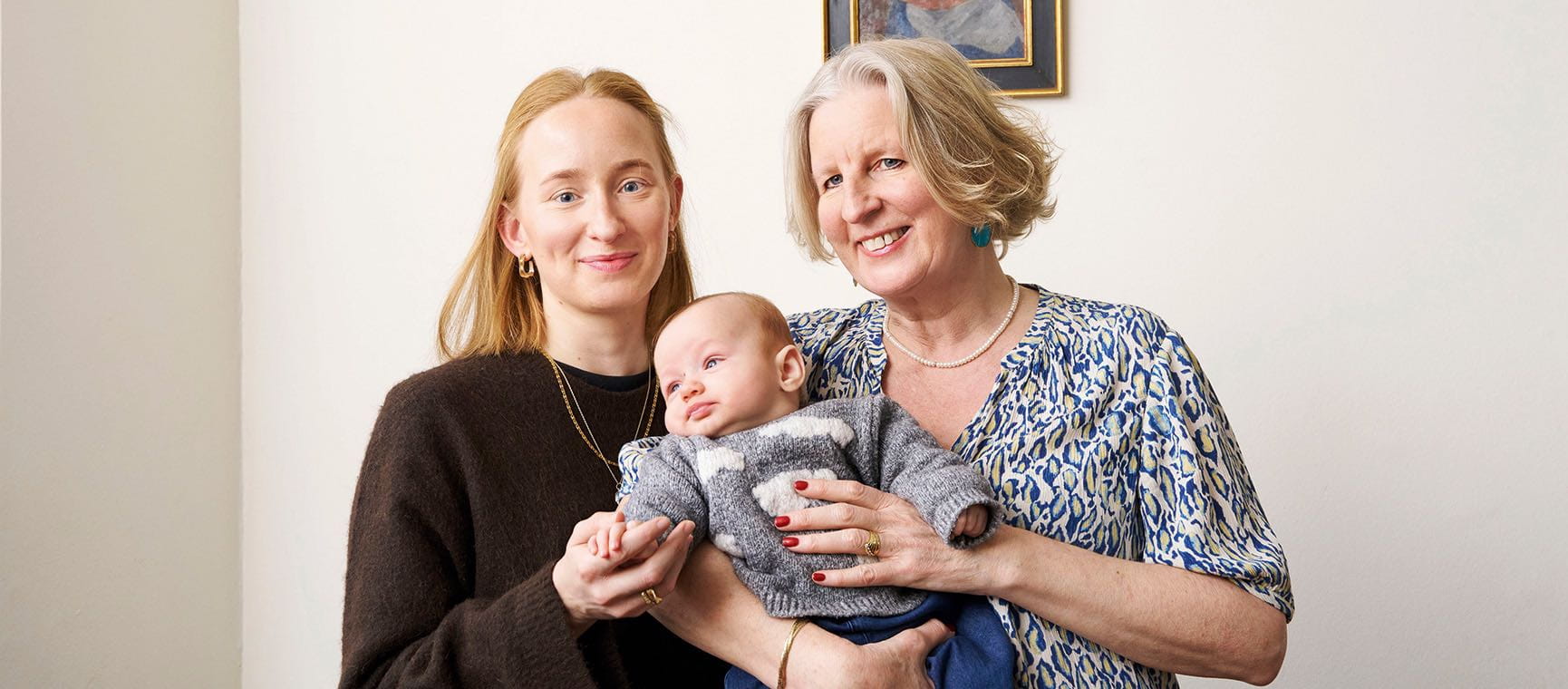
It's tempting to think you know best when it comes to childcare. But a “grantenatal” class might actually be a valuable refresher course for first-time grandparents.

I last cared for a baby 23 years ago when my youngest daughter was born. But as my eldest daughter prepared to give birth to my first grandchild, a thought crept into my mind: “Have things changed since I was last looking after a young child? Are there things I need to be updated on?”
It turns out there are now courses to educate first-time grandparents like me. Knowing I’d be helping Rosie and her partner in the weeks after the birth, I signed up – though part of me did wonder, “Could things really be that different?” After all, I managed it four times in the 1990s and early 2000s.
Lisa, who was leading the course run by the Glasgow-based Birth and Baby Space, handled my consternation with sensitivity: “Some things are the same – but others have been rethought.”
What? There are new guidelines, she said, different ways of doing things, and new ideas about what’s OK and what’s potentially harmful.
I was one of eight excited participants on the 70-minute online course: three couples, plus a grandad-to-be and me.
The course focused on feeding, sleeping and comforting – the holy trinity of parenting. Plus changing nappies, of course. “That’s still the same,” said Lisa, to cries of “hurrah” from the assembly.
There is new guidance, though, about what you can put on their skin. The barrier creams we used to slather on are now in moderation only – updated nappy tech means their bottoms stay bone dry, it seems.
On feeding, Lisa counselled that we needed to know about both breast and bottle-feeding. And then announced something I never knew: apparently a newborn’s tummy is the size of a 5p (it triples in the first four days). Hmm, maybe I do have things to learn.
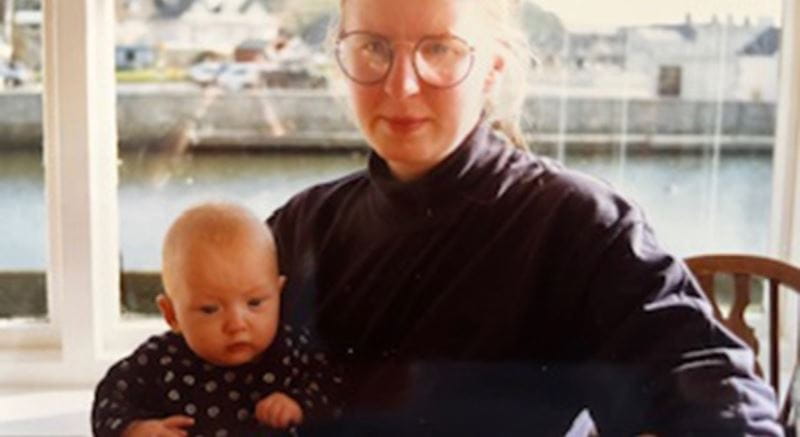
Bottle-feeding has changed too. The emphasis now is on active feeding, so the baby is in a more upright position letting them signal when they’ve had enough.
Sleep has always been the bugbear of life with a baby, but for today’s new parents, understanding circadian rhythms is the Holy Grail. I suspected everyone on the course was thinking, “Let’s see how that goes, then”.
Later, I chatted with friend-of-a-friend Sarah Johnson, who runs a grantenatal course on her website The Baby Experience. The idea came after learning – having spent 20 years as a mother and childcare professional (she’s an NCT antenatal teacher, breastfeeding counsellor and birthing doula) – that many midwives, obstetricians and health visitors see grandparents as “the enemy”.
“A lot of the negativity was because grandparents were perceived as undermining parents’ confidence, or questioning evidence-based information,” said Sarah.
When her son and his partner announced that they were expecting a child, she decided to try to change things.
“Most grandparents don’t want to be a problem, and I certainly didn’t,” Sarah explained. “We want to help. But if it’s a while since you were immersed in babies, it’s inevitable that a few things will have changed, and getting that information across is what grantenatal courses are about. It’s not about telling you how to be wonderful at being a grandparent – it’s about updating you on current practice.”
On Sarah’s courses, the split between grandmothers and grandfathers-to-be is around two thirds to one third respectively, reflecting the growing involvement of men with their grandchildren.
It’s no surprise – after all, men in their 50s and 60s were among the first who were encouraged to be at their own child’s birth.
Patterns repeat in so many ways in families. Each time I had a baby in London, my mother caught the train down from Yorkshire and stayed through the early days, returning at the drop of a hat when needed. Her help was invaluable and I knew I wanted to give similar aid to my daughter and son-in-law, although they’re further away still, living in Amsterdam.
It was there that we recently celebrated our grandson’s first birthday, so I’m now more than a year into this new life phase. As per the findings of a recent Saga Magazine poll, which revealed that today’s babies are also different in having unconventional names, our grandson is called Sol. Not, as my husband initially thought, after the favourite beer, but because he was born on the sunniest of days.
At least he wasn’t as confused as a friend whose granddaughter was named Clover. He woke up the next morning having forgotten the name (this was grandchild number eight) and told us she was Flora (another margarine). Luckily, as he later said, he didn’t introduce her as Lurpak.
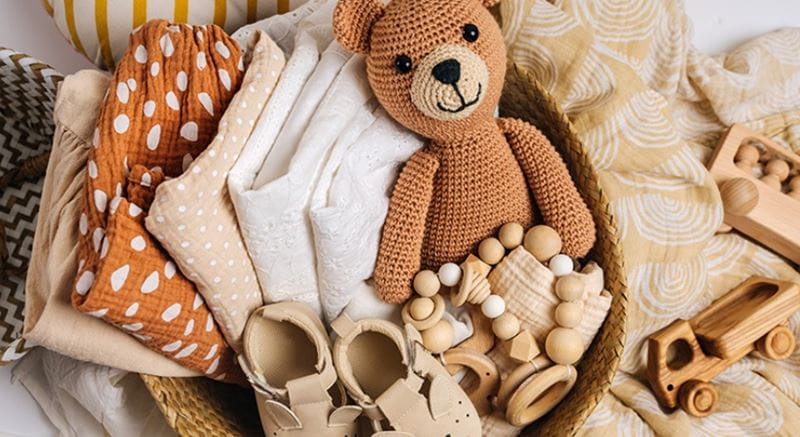
So what has being a grandmother taught me? Firstly – and this might have surprised me – that the online course was time well spent. It gave me an early warning on issues that would indeed crop up.
No, I admitted to my daughter a few months ago, I am not knowledgeable on circadian sleep rhythms, but I do understand how important they are. And yes, I do now know that baby rice is no longer advisable from three months (milk only to six months is current World Health Organisation advice).
Not everything was covered in the course: Rosie was horrified when I showed ten-month-old Sol Teletubbies on my iPad.
Not allowed, she said. No screens until he’s two. I thought she was being a bit hardline – she was raised on the Teletubbies from about two months, as I recall – but this is another bit of WHO advice.
Other revelations have been more personal to us. My husband, who was in a big job in TV when our children were young, didn’t come into his own until they were older. It turns out, though, that he’s brilliant with babies. Now we’ve become grandparents, he’s given up the big job and is looking forward to a lot more baby care as additional grandchildren appear.
There’s a sense of second chance about grandparenting: this is the window to recalibrate, if you can and want. Looking back at my notes from grandma school, the most valuable advice was obvious, but needed to be said.
“Be their cheerleader,” said Lisa. “Be vocal about what a great job they’re doing.” Being a new parent, as she pointed out, brings incredible emotional rawness: everything you say will be charged and loaded with undertones, so think before you speak.
Positivity is everything. I’ve been amazed at how much it means to all of us. On the course I also wrote down 'Support doesn’t mean taking over' – I didn’t really get it at the time, but I do now. Sol isn’t my responsibility, unless I’m pushing him round the park. I’m here to love him and occasionally look after him – that might be helpful for his parents – but it’s not about me making decisions around his care, or telling his parents what I think is best.
And lastly, after his unconventional first name, Sol’s second name is solidly traditional. It’s Douglas, the name of my late father-in-law. A reminder that grandparents always have a place in their grandchildren’s lives no matter what else changes.
If you want advice on how to help your grandchildren financially our experts at Saga Money have advice on how to put money aside for your grandchildren, the best way to give money to grandchildren and how you could make your grandchild a millionaire.
(Hero image credit: Suki Dhanda/Guardian/Eyevine)
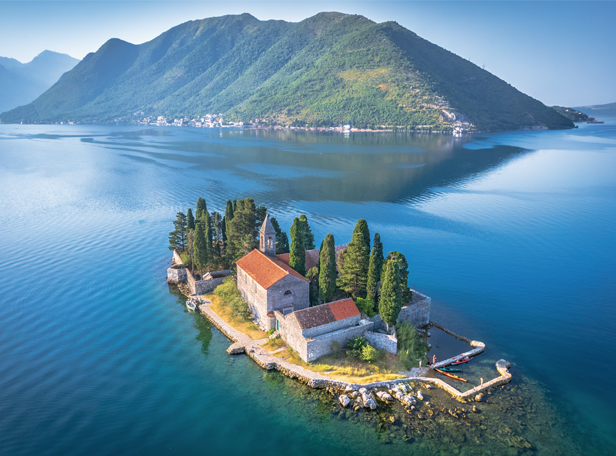

Step aboard our boutique sister ships in 2025 and experience award-winning all-inclusive luxury, with a nationwide return chauffeur service included in the price. Plus, keep an eye out for our brand-new TV advert!

For a limited time, enjoy 3 issues of Saga Magazine for just £1. Receive the next 3 print editions delivered direct to your door, plus 3 months’ unlimited access to the Saga Magazine app—perfect for reading on the go.
Don’t miss your chance to experience award-winning content at an exceptional price.
.jpg?la=en&h=549&w=823&hash=85077D343B0A5A78958C76A24A1B44E8)
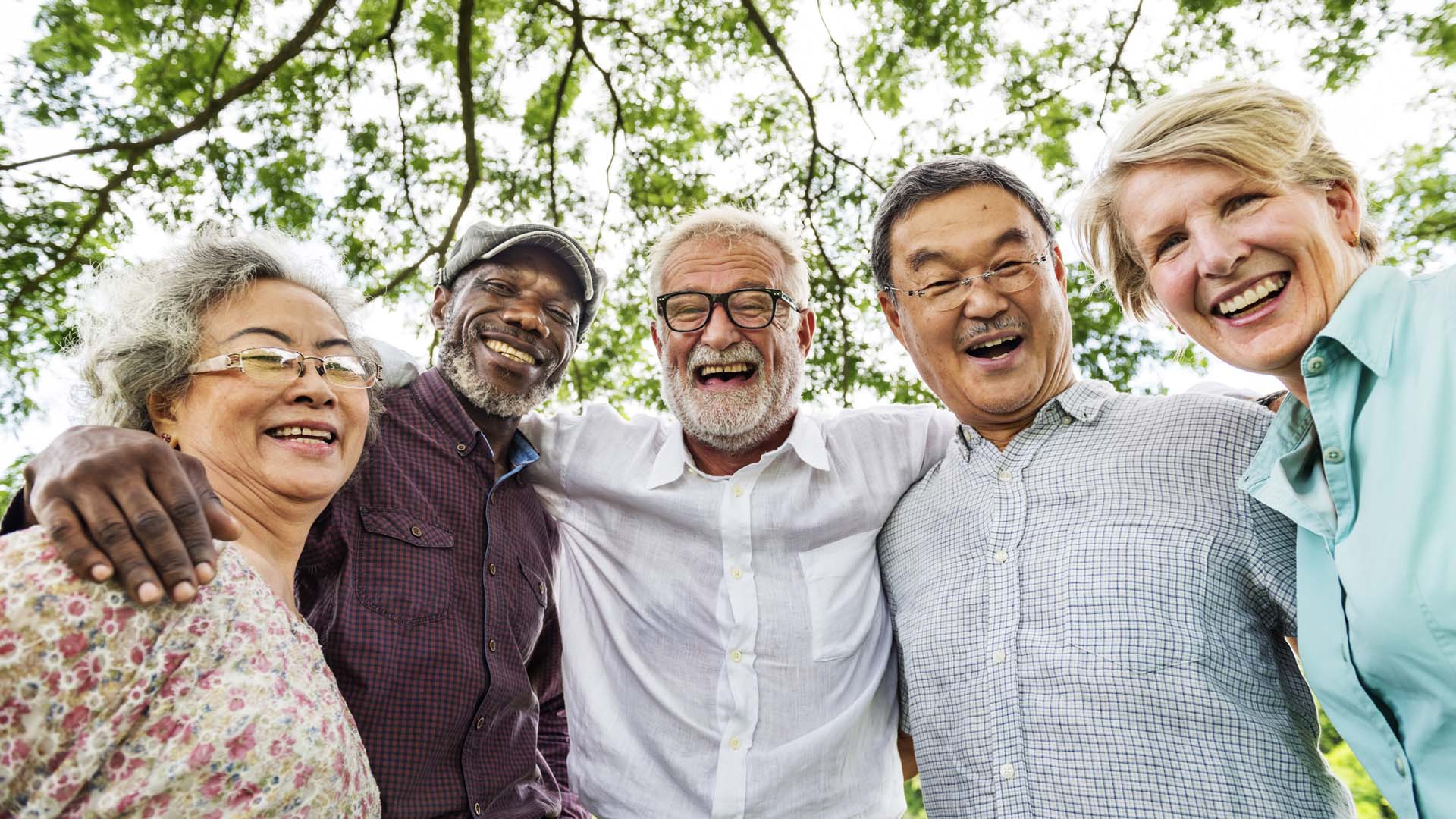

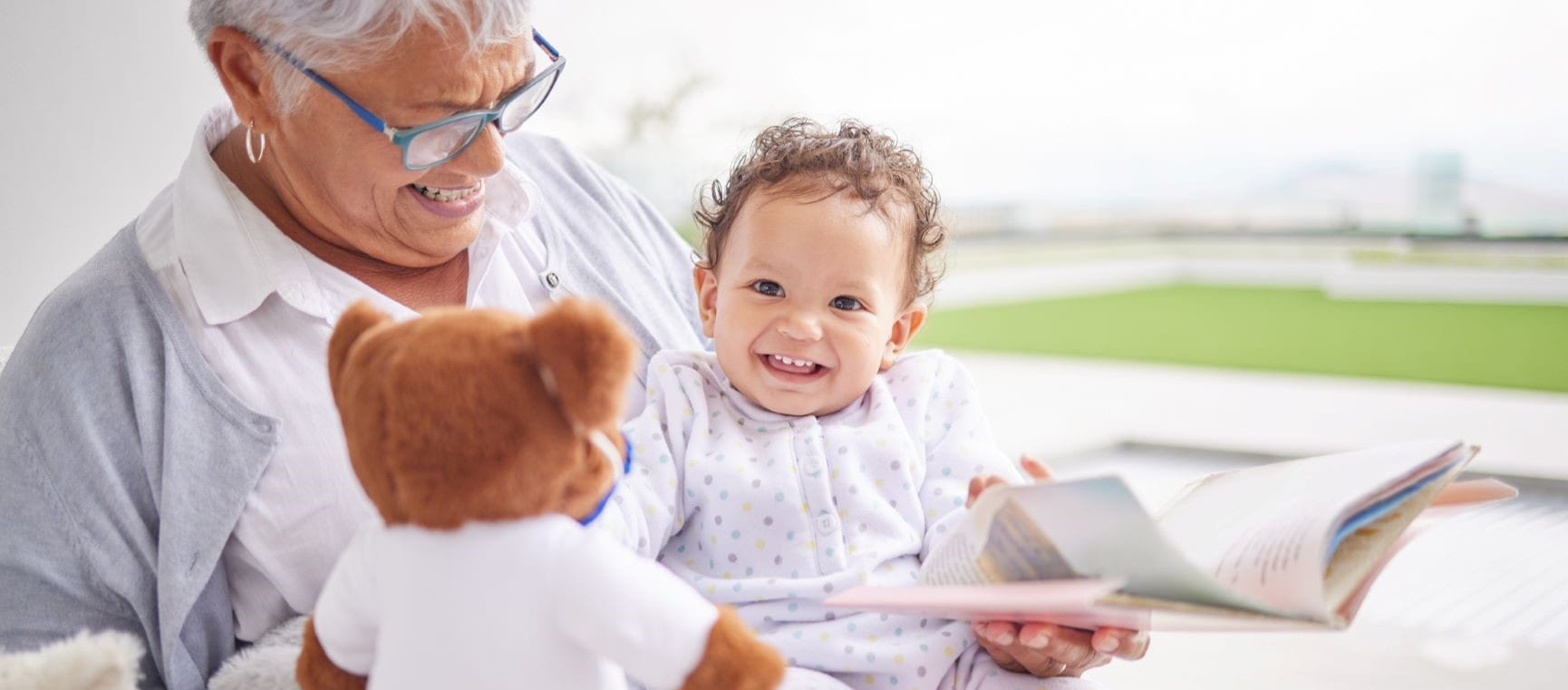
The joy of a first grandchild can also create new challenges. We've got the best advice on how to navigate becoming a first-time grandparent.
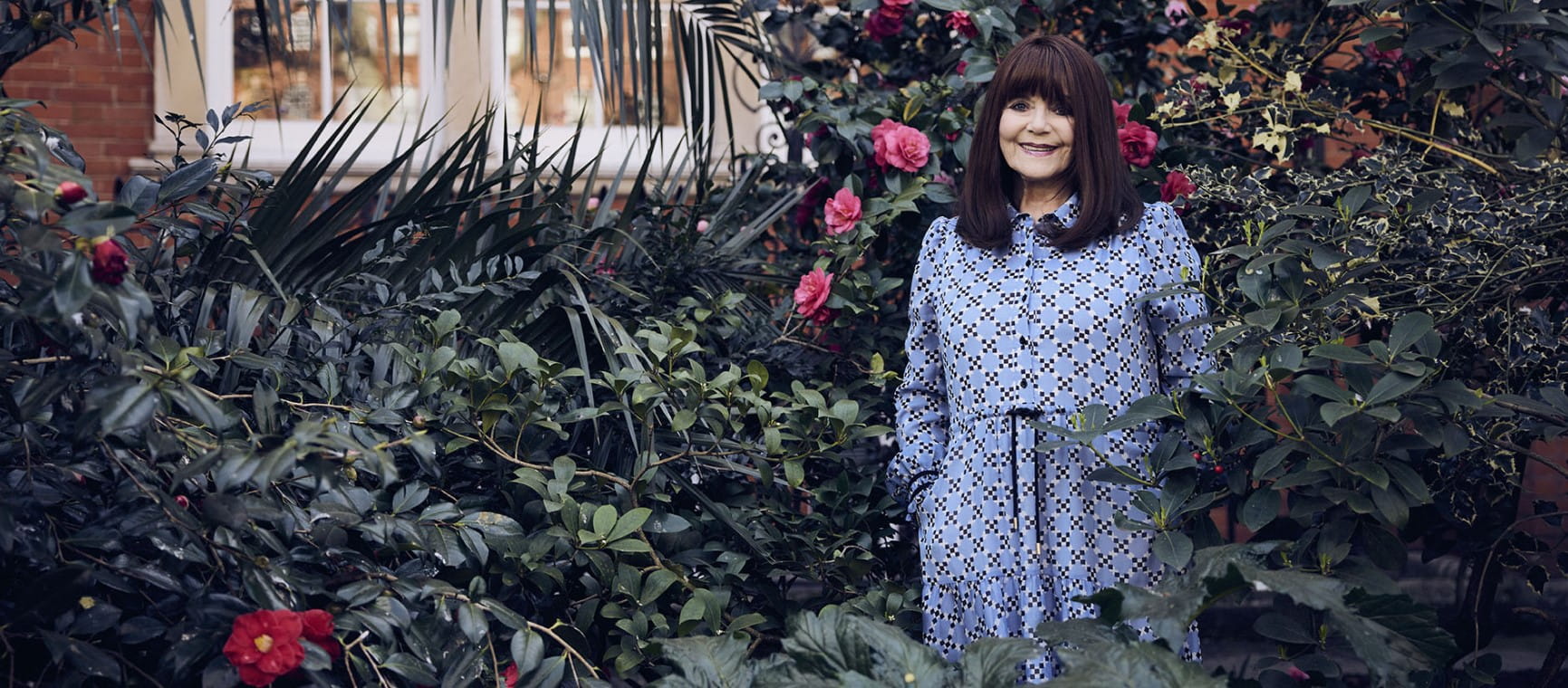
Dr Miriam Stoppard tells a woman whose new relationship lacks physical fire to allow time for the spark to build up into a blaze.
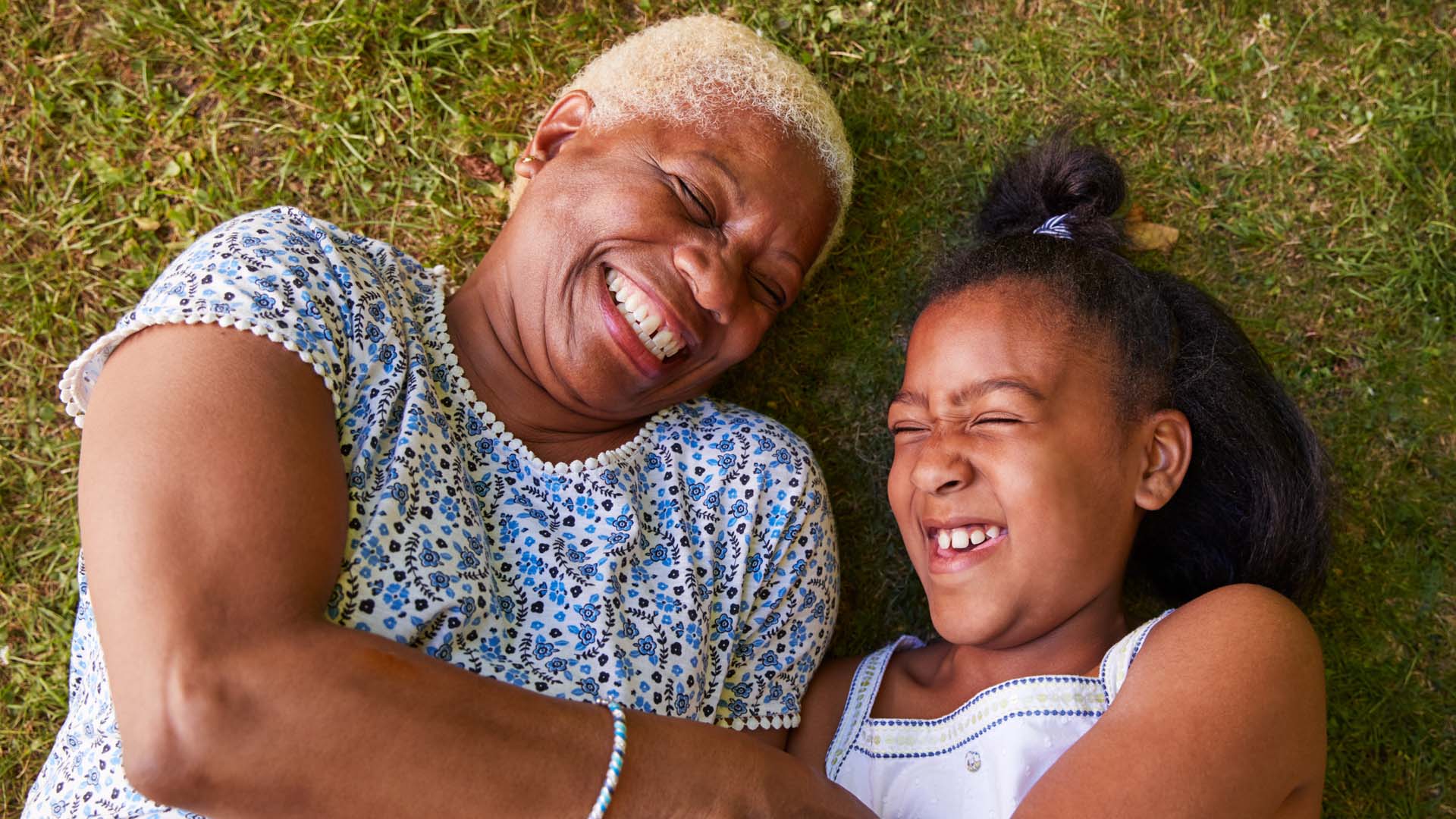
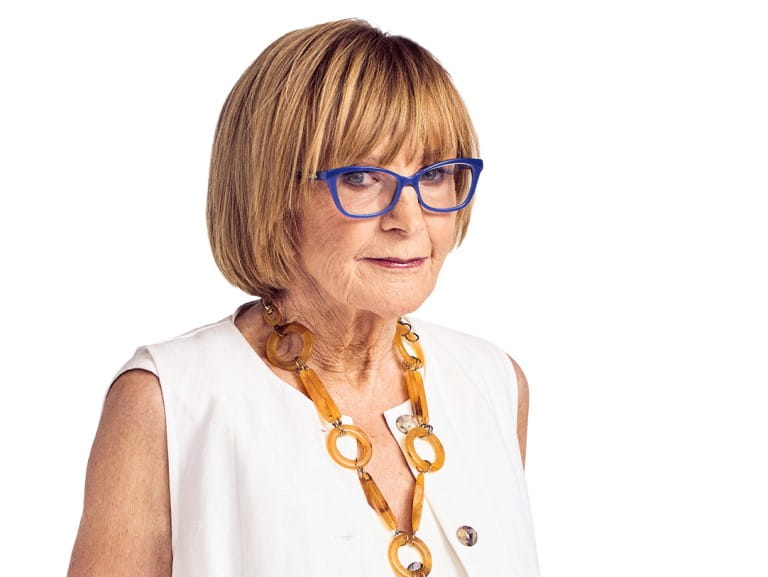
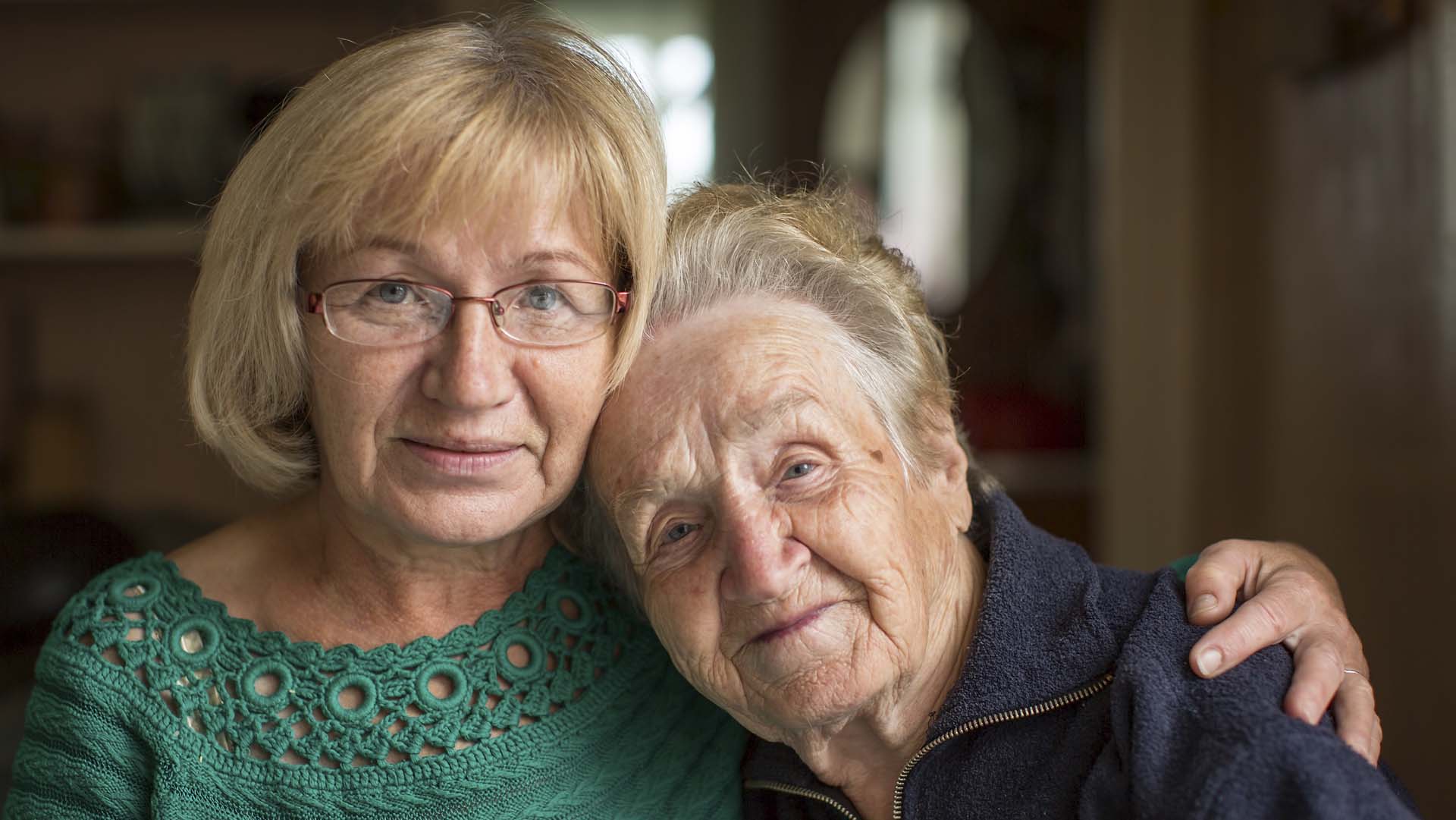
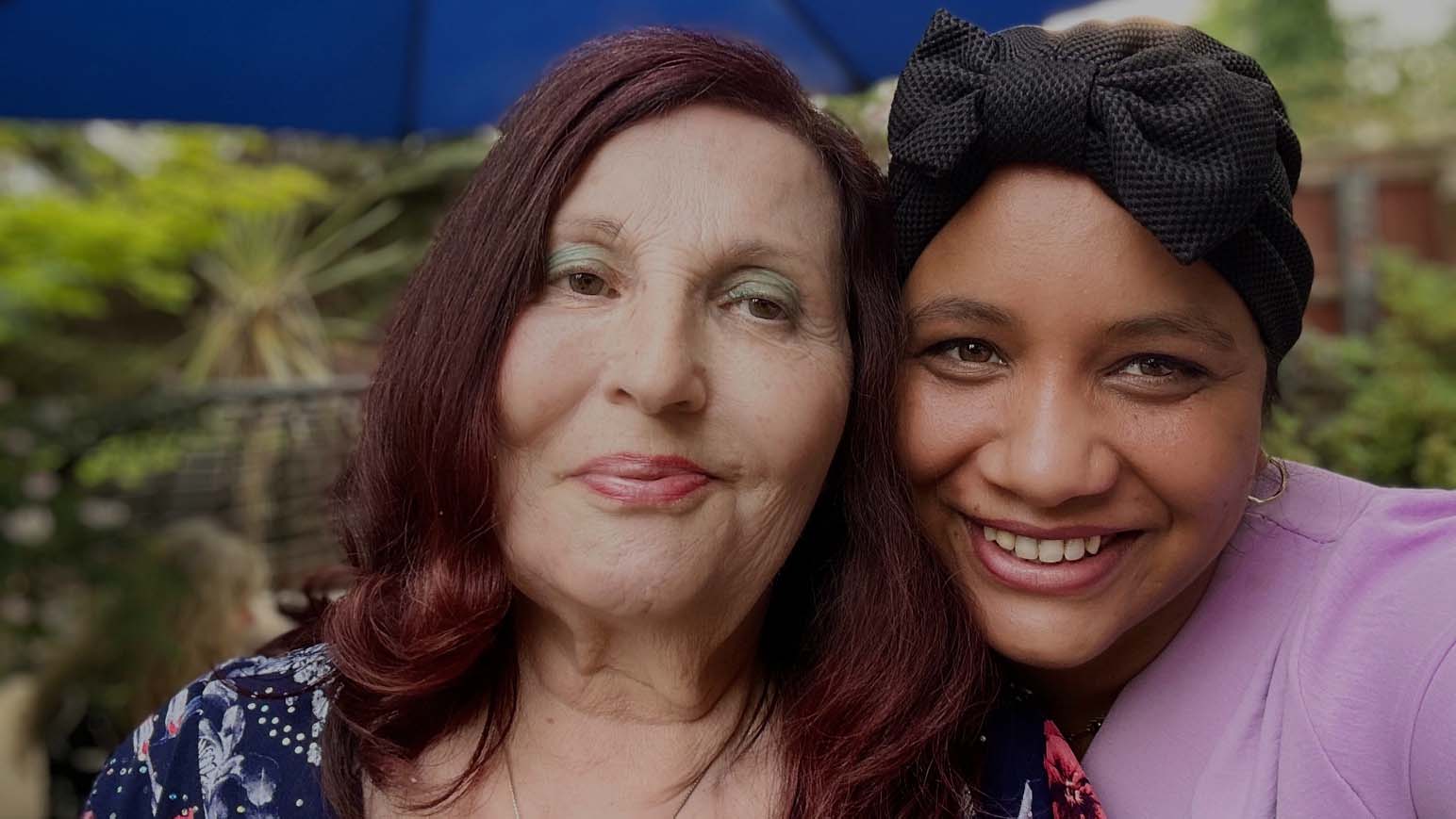
The power of age gap friendships - we share the benefits and how to make them.
.jpg?la=en&h=576&w=823&hash=4516D8557DC47B1E21444166FFB91605)
